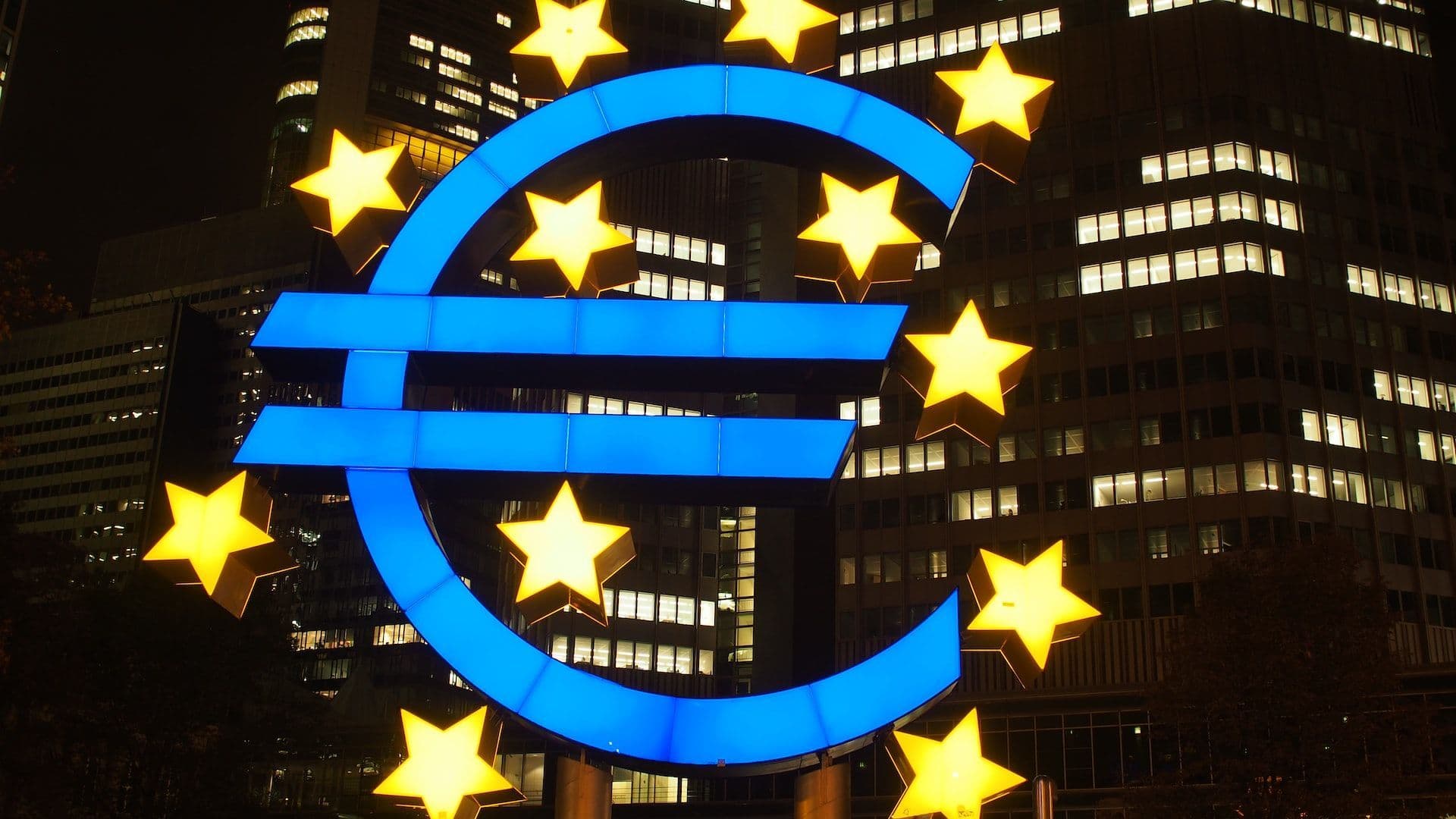ECB won»t buy securities of companies that harm environment. How will this affect business in EU?

The ECB will suspend or reduce securities purchases from companies that perform poorly in the new environmental rating. It will fight climate change and identify industry players, that pollute the environment.
Instead, the European Central Bank will start buying securities from those who took first places in this rating. As well as «green bonds», the issuers of which meet strict requirements.
The rating will be based on many parameters. For example, high scores will be given to those whose emission reduction plans are scientifically validated and have already been successfully implemented in practice by other companies.
Every year, the ECB plans to reinvest about 10% of the value of its portfolio in green production. That’s 30 billion euros. The project has already been called the most ambitious in the history of the institution.
The bank explains its actions with two goals:
- Reduce climate change-related risks to the economy.
- Support Europe’s green transition and climate neutrality.
How will this move by the ECB affect European business?
Companies that report past emissions and work to reduce them will receive more support. Companies that ignore the green agenda will be forced to play catch-up. Being environment-friendly will become a prerequisite for business prosperity in Europe.
However, for now, the bank only plans to test its new strategy during the year. It will become an important, but by no means the only factor when buying securities. Along with, for example, target inflation. The ECB will gradually «greenify» its portfolio.
If the experiment is successful, in the future the climate rating will replace market capitalization for the bank. It will primarily decide how many securities of a particular company the ECB will buy.
However, many eco-organizations are already accusing the bank of being too soft. Despite environmental plans, the bank did not take the most decisive step. It didn’t stop buying shares and bonds of oil and gas companies.





